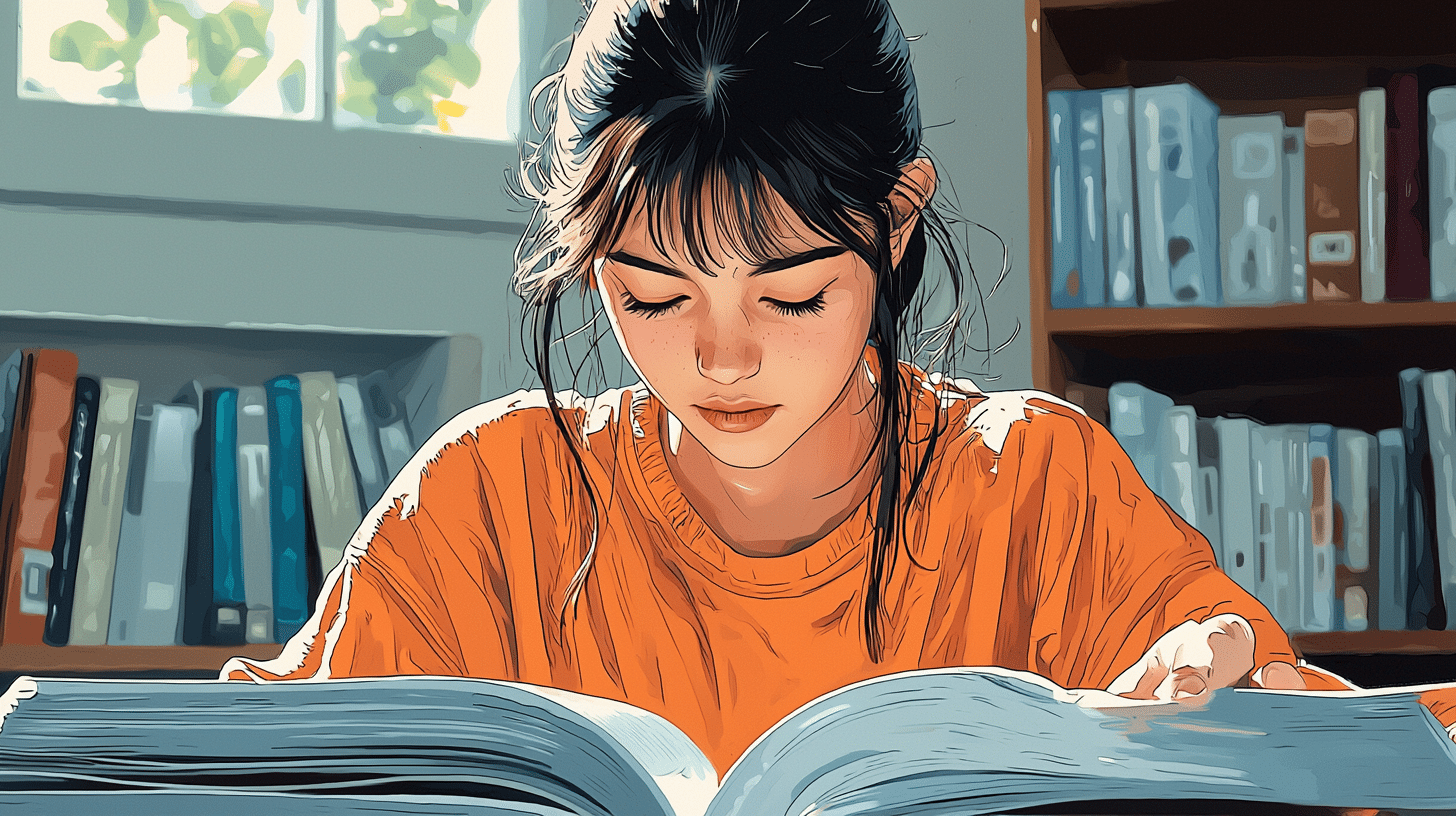
Mastering the placement of adjectives in French can be a challenging yet essential part of becoming fluent in the language. Unlike English, where adjectives almost always precede the noun, French adjectives can appear either before or after the noun they describe. This distinction is not arbitrary; rather, it follows specific rules and conventions that hinge on the type of adjective, its meaning, and sometimes even its length. Understanding these rules will not only improve your grammatical accuracy but also enhance the elegance and nuance of your spoken and written French. Our comprehensive set of exercises is designed to help you grasp the intricacies of adjective placement in French. Through a variety of engaging activities, you will learn when to position adjectives before the noun, such as with common adjectives like "petit" (small) or "grand" (big), and when they should follow the noun, as is often the case with descriptive adjectives like "intéressant" (interesting) or "délicieux" (delicious). Whether you are a beginner looking to build a solid foundation or an advanced learner aiming to refine your skills, these exercises will provide you with the practice needed to achieve fluency and confidence in using French adjectives correctly.
1. C'est une *petite* maison (small house).
2. Il a acheté une voiture *neuve* (new car).
3. Elle porte une robe *rouge* (red dress).
4. Nous avons vu un film *intéressant* (interesting film).
5. J'ai un *vieux* livre (old book).
6. Ils ont adopté un chien *adorable* (adorable dog).
7. Elle a une *grande* famille (big family).
8. Il a reçu un cadeau *magnifique* (magnificent gift).
9. Elle vit dans un appartement *moderne* (modern apartment).
10. Il a un *beau* jardin (beautiful garden).
1. Elle porte une *jolie* robe (beautiful).
2. Il a acheté une voiture *neuve* (brand new).
3. C'est un *grand* arbre (tall).
4. Elle a une *vieille* maison (old).
5. Il a lu un *long* livre (lengthy).
6. C'est une *bonne* idée (good).
7. Ils ont visité un château *ancien* (ancient).
8. Elle a une *belle* voix (beautiful).
9. C'est une *petite* ville (small).
10. Il a une voiture *rouge* (red).
1. J'ai acheté un *nouveau* téléphone. (adjective meaning 'new')
2. Elle a une *grande* maison à la campagne. (adjective meaning 'big')
3. Nous avons visité une ville *intéressante* en France. (adjective meaning 'interesting')
4. Mon frère a trouvé un *beau* chat dans la rue. (adjective meaning 'beautiful')
5. Ils ont commandé des *vieux* livres en ligne. (adjective meaning 'old')
6. Elle porte une robe *bleue* pour la fête. (adjective meaning 'blue')
7. C'est une *bonne* idée d'étudier ensemble. (adjective meaning 'good')
8. Nous avons rencontré un homme *gentil* au marché. (adjective meaning 'kind')
9. Elle a un *jeune* frère qui va à l'école. (adjective meaning 'young')
10. Il préfère les films *amusants* pour se détendre. (adjective meaning 'funny')